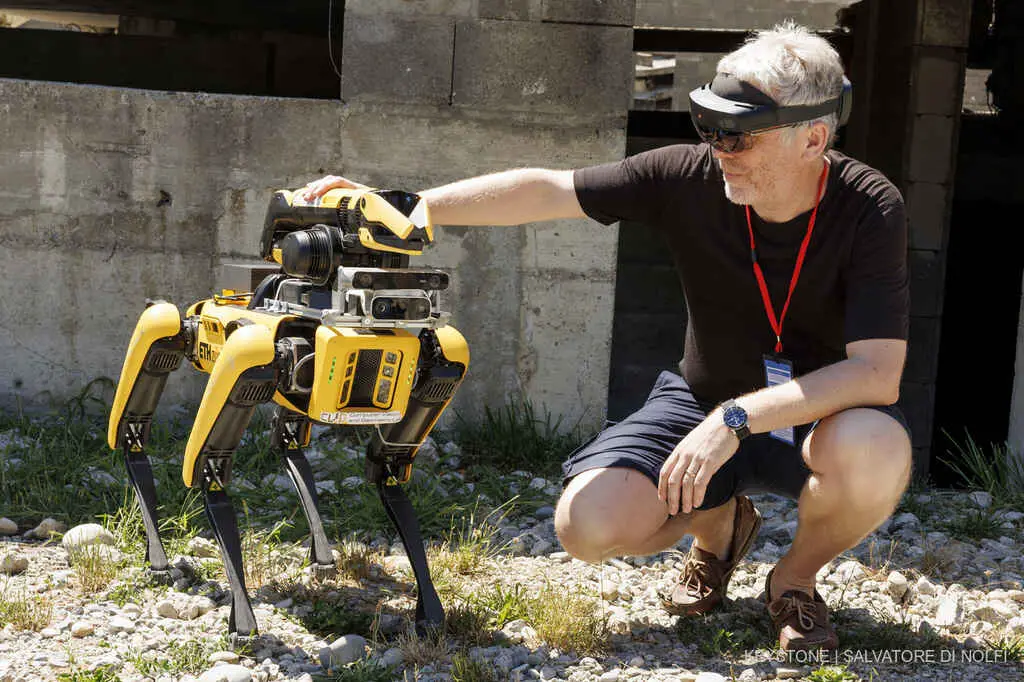Tue, Nov 7th 2023
Robots are still inferior to humans. This is the conclusion reached by researchers at ETH Zurich in a new study. According to the study, no human-like robot is able to outperform humans in several tasks. But robots are catching up.

“For example, there is a robot called Cheetah that can jog faster than humans. But it has a high energy consumption, and when it comes to sprinting, humans are still faster,” Robert Riener from the Swiss Federal Institute of Technology in Zurich (ETH Zurich) told the Keystone-SDA news agency.
Together with two other researchers, Riener searched for the best robots and compared them with humans. The results were published on Tuesday in the journal “Frontiers in Robotics and AI”. The researchers focused on so-called humanoid, i.e. human-like, robots. The robots were compared on the basis of functions such as locomotion and their underlying structures, such as muscles and motors.
For Riener, the surprising thing about the results of the comparison was not that robots can’t hold a candle to humans. “What surprised me was that the individual technical components are already better than those of humans,” said Riener. Cameras beat eyes, microphones beat ears and motors beat muscles. “Apparently, however, we have not yet managed to assemble these components in such a way that a robot functions better than a human in terms of movement and perception,” said Riener.
However, Riener believes that the inferiority of robots will not last much longer. “Two years ago, I thought it would be ages before robots outperformed humans,” said Riener. “But I now believe that we will be there in the near future.”
According to Riener, this is a huge opportunity. “Unworthy and sometimes dangerous work in industry could be taken over by robots, and robots could support care staff,” said Riener. As long as robots are used correctly, the researcher does not see them as a threat.
©Keystone/SDA
